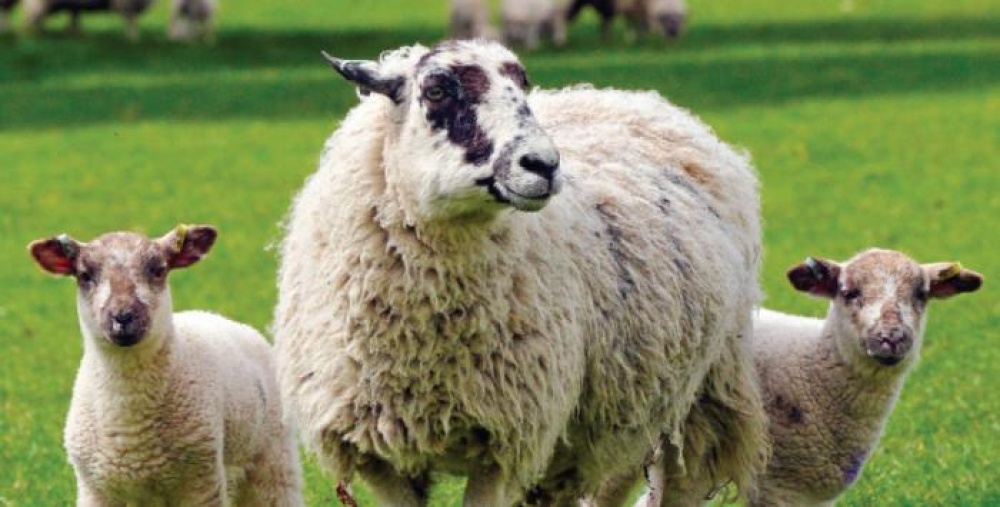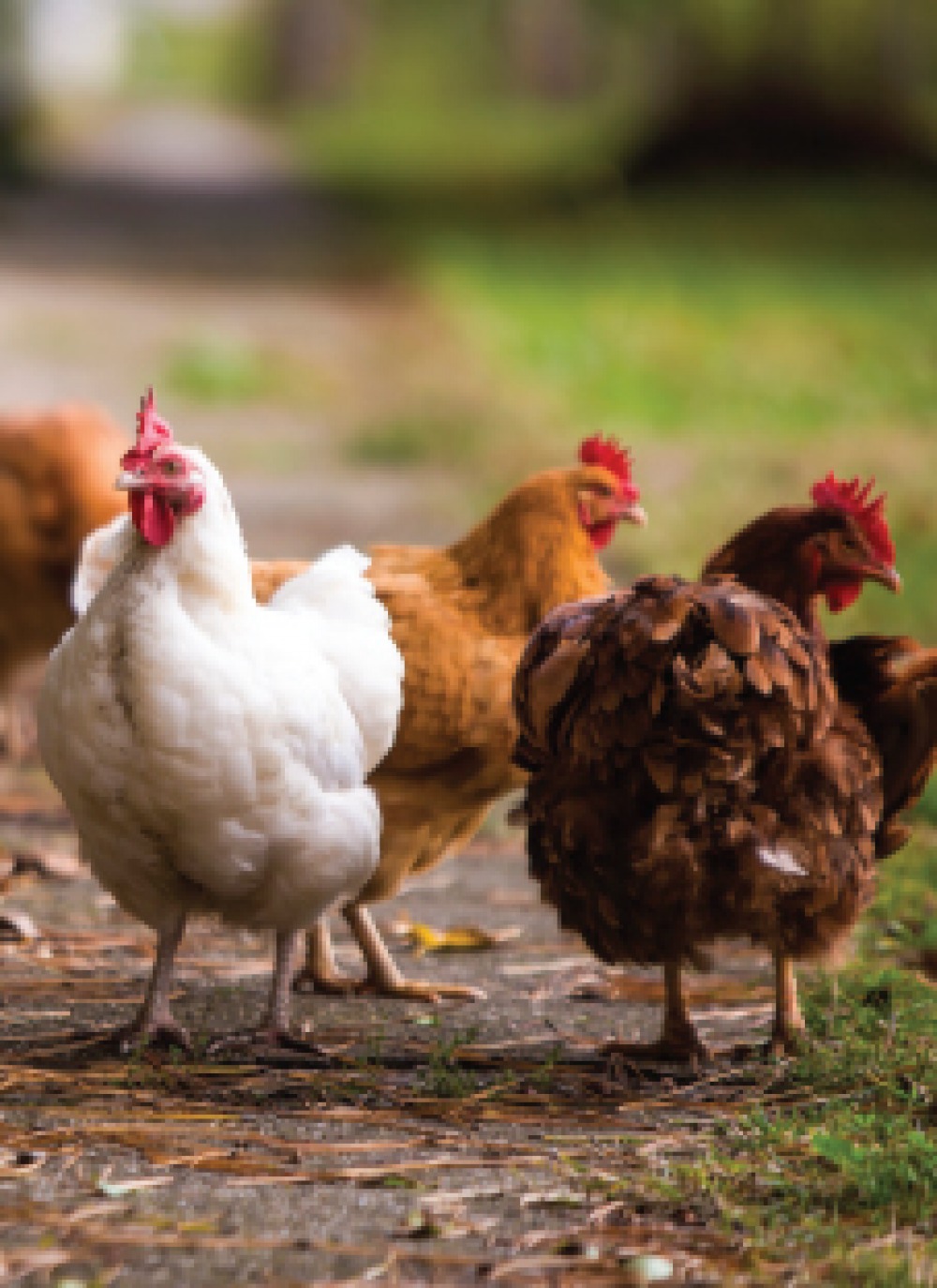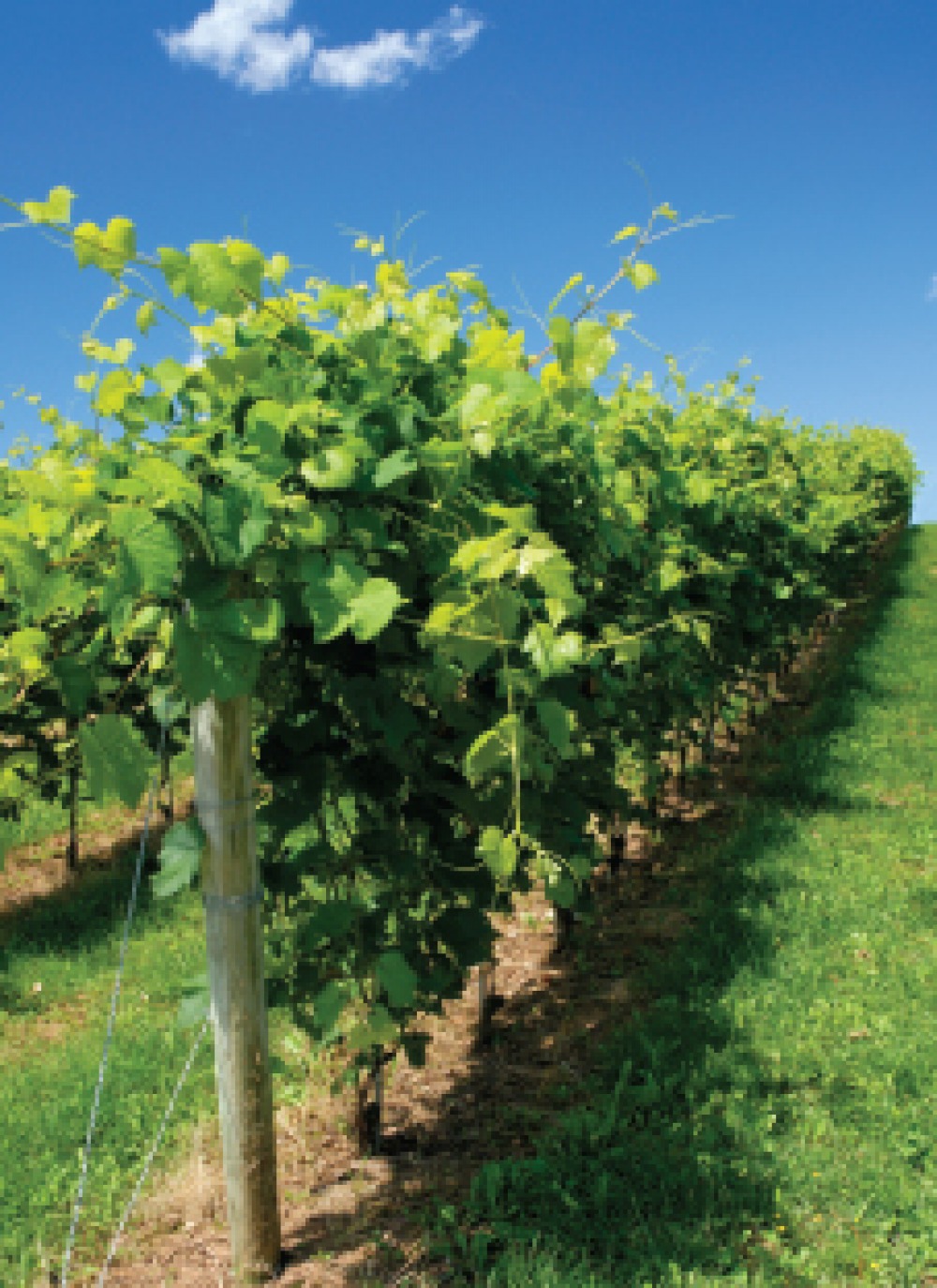outdoor learning at Whirlow Hall Farm in Sheffield

A pioneering ‘outdoor learning’ project at Whirlow Hall Farm in Sheffield helps more than 10,000 children every year
Holding a freshly-hatched chick, bottle feeding a newborn lamb and gently scratching a pig behind the ear are not on the national curriculum, but they can still have serious educational value.
‘Children who are impossible to deal with in a traditional classroom environment can be transformed by a few days reconnecting with nature,’ says Ben Davies, Chief Executive of Whirlow Hall Farm Trust, an educational charity established 40 years ago on the outskirts of Sheffield to provide outdoor learning opportunities for children struggling with mainstream education. ‘We really don’t know why our programme works – maybe we should set up a study with Sheffield University to find out – but it does. Young people on the brink of exclusion become interested in and engaged with the world around them, and that interest and engagement then filters into their everyday life.’
The farm was established in 1979 by Michael Hill, then headmaster of Talbot School, which provides specialist education to children with severe and complex learning difficulties, and Alan Aikin, a local businessman who grew up in the city but was evacuated to a farm during World War II. He was profoundly affected by the experience and wanted to find a way of creating a similar ‘classroom in the countryside’ for other inner city children, particularly those with challenging backgrounds.
Michael witnessed, first-hand, the positive benefits of outdoor activity on his students and was looking for a way of creating a small scale farm, perhaps on spare land adjoining his school. He met Alan through a mutual friend and they started to pull together a list of suitable city sites. Whirlow Hall Farm soon made its way to the top of their list – Michael had already taken students there to see the dairy in operation, Alan lived nearby and the tenancy was up for grabs.
‘Not everyone was in favour initially,’ says Ben. ‘Change is worrying for a lot of people; especially when change happens in such splendid surroundings (Whirlow, and its near neighbours Dore and Totley, are some of the most affluent areas in Sheffield). People were worried about traffic and about the sort of problems the children coming to the farm might be dealing with. Sadly, those problems have only got worse in the years since. Children have even more challenges now and have more influences that they struggle with, particularly through social media. They are connected like never before, but in a very disconnected way.’

Forty years on from its launch, the Trust now runs programmes for children who are excluded, or at risk of exclusion, from mainstream education. It hosts schools on day and residential visits so students can learn in a different environment, develop stronger bonds with their classmates and teachers, and grow in confidence as they spend time with the animals – 200 ewes, a dozen cows, 15–20 breeding sows and 300 hens across 140 acres – and get hands-on experience of sowing, growing and harvesting their own food. Most have spent little or, more likely, no time on a farm, so it can be a life-changing experience for them.
‘A lot of children, for whatever reason, have not been much further than their own neighbourhood,’ says Ben. ‘They’ve seen pictures of sheep, but not a real one. They’re always surprised by how big cows actually are. And while they’re mostly aware that hens lay eggs, some of them also believe that pigs lay sausages. We talk honestly with them about where their food comes from, including the turkeys they eat at Christmas. They seem to respond well to honesty and enjoy having time to talk about things openly.’
Most of the young visitors come from the Sheffield City Region, but the farm’s reach extends across South Yorkshire and beyond, with groups coming from west of the Pennines and south of the M4. Most relish the opportunity to leave the confines of the classroom and take their learning outside. For some, however, the benefits are more prosaic. They get a good night’s sleep, have company when they wake, are given a proper breakfast and, after a day on the farm, can sit around the table with their classmates for a hot, home-cooked meal – ‘treats’ that most of us take for granted.
The farm offers nurturing, curriculum-linked programmes of therapeutic farm-based activities for primary school children, teens preparing for their GCSEs (including practical qualifications that will help them secure an apprenticeship or college place), and post-16 young people with learning needs and disabilities. It also hosts a range of fun activities in the school holidays to keep children entertained (and their parents vaguely sane).

More than 150 volunteers help to run Whirlow Hall, doing everything from leading groups on farm tours to helping with the grape harvest (the farm produced 3,000 bottles of wine in 2018 and is creating a special ‘rosé fizz’ for Christmas). The Trust also runs a farm shop, which sells fresh produce, craft beers and meat prepared at the in-house butchery, including handmade sausages in natural casings and traditionally dry-cured bacon.
‘We spend far too much time worrying about money; it’s really frustrating,’ says Ben. ‘But, like any other farm, we have to find new ways of diversifying. This means hosting weddings and expanding the café (plans have been lodged to double the size of the café and build a new education centre). We need to prove we are financially sustainable, not just this year, but every year.’
Sheffield is not known for its Mediterranean climate but, as well as growing grapes, the horticultural team manages to grow a huge variety of fruit and vegetables, including raspberries, plums, garlic, aubergines, chillies and cucamelon (tiny, tangy little fruits that look like miniature watermelons and are, apparently, a great addition to a G&T).
The home-grown produce is the star of the show in the café – an open kitchen in a 17th century stone cruck barn – which also hosts ‘bistro nights’ with pop-ups by guest chefs and the heats of its own foodie fundraiser, Sheffs Kitchen.
Ben took over the reins at Whirlow Hall Farm Trust four years ago, after 28 years as an army officer. His wife’s family are from Sheffield and they introduced him to the charity when he was looking for a new post. In fact, his wife actually phoned the farm on his behalf while he was still posted in Afghanistan.
‘The military is all about achieving goals despite the many obstacles that are put in your way,’ he says. ‘It’s also about being completely bloody-minded – something I’m very good at. Army life is very demanding which, I’ve now discovered, is very useful training for life in the charity sector. It’s a hard, hard job, but I really enjoy it. I’m sitting here with my dog looking out over the fields as people prepare pumpkins for Halloween and tend to the trees we’re growing for Christmas. It really is a smashing place.
‘And there’s also the satisfaction of knowing that we’re helping children and young people to get their lives back on track. Our main priority is the children, but we know that the work we do affects whole families. Dealing with a child on the brink of exclusion is very tough. When families feel like they’re drowning, we offer them a lifeline.’
For more information about Whirlow Hall Farm, visit whirlowhallfarm.org







